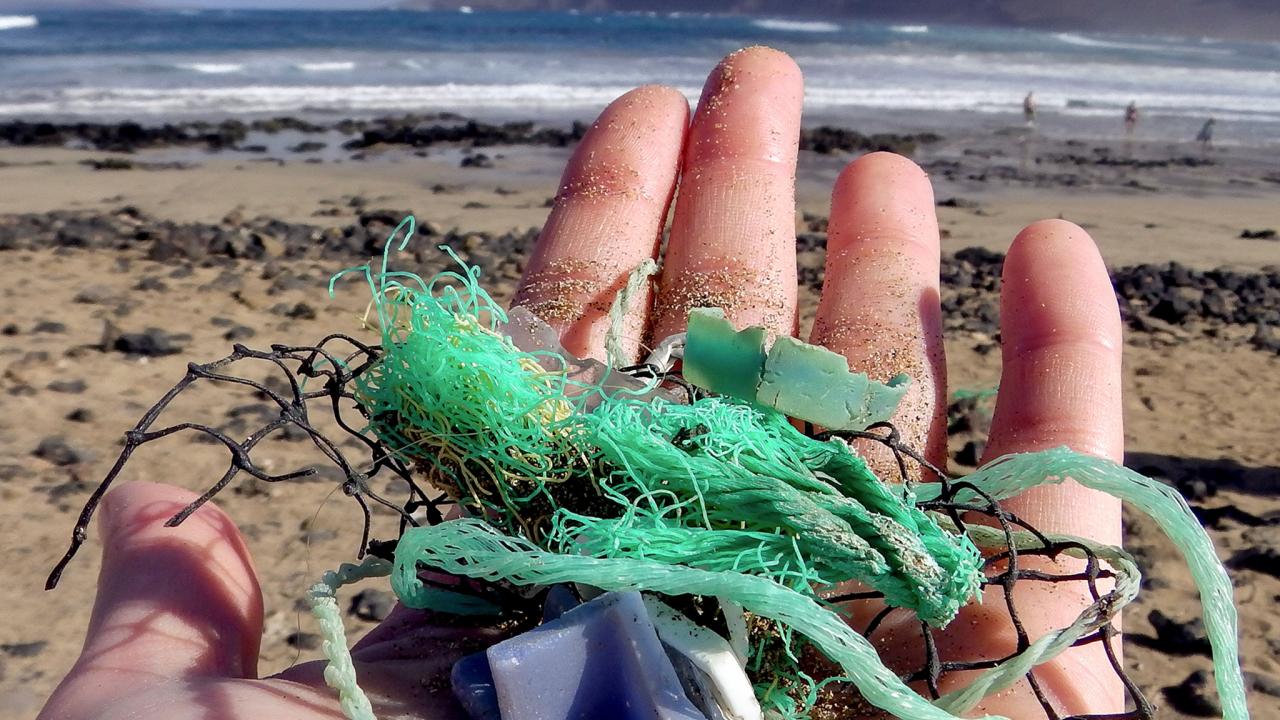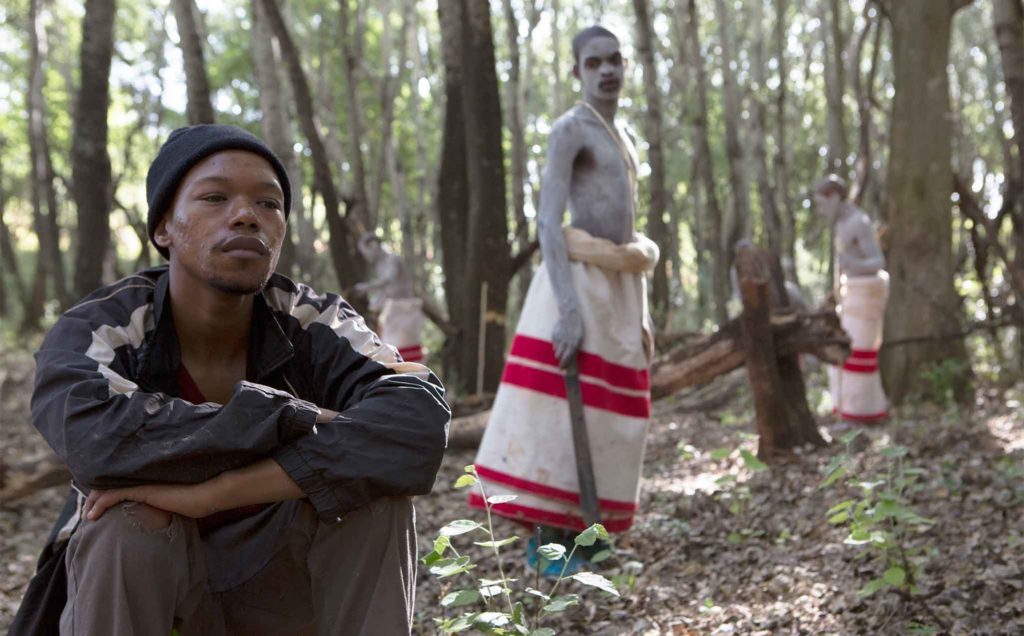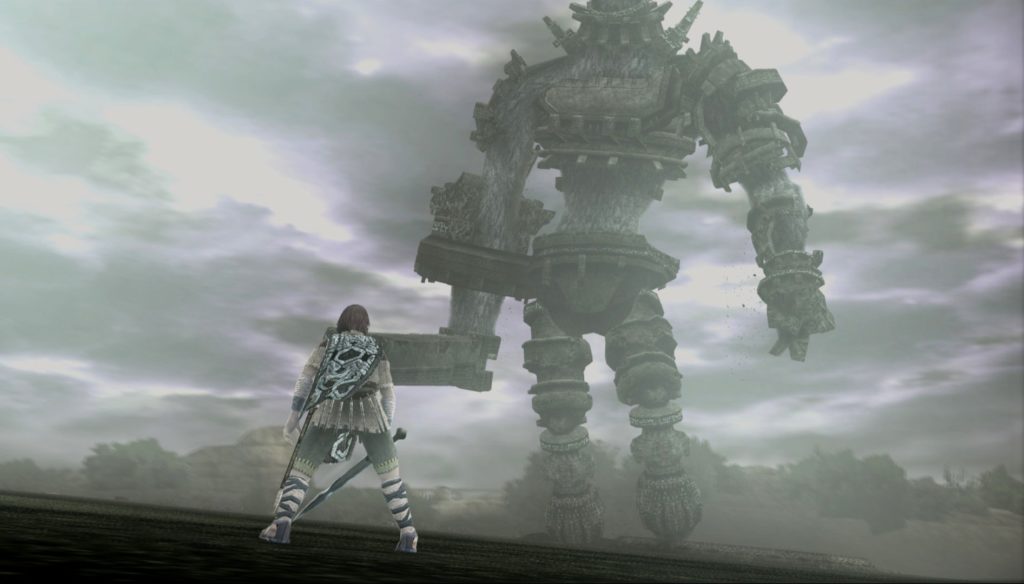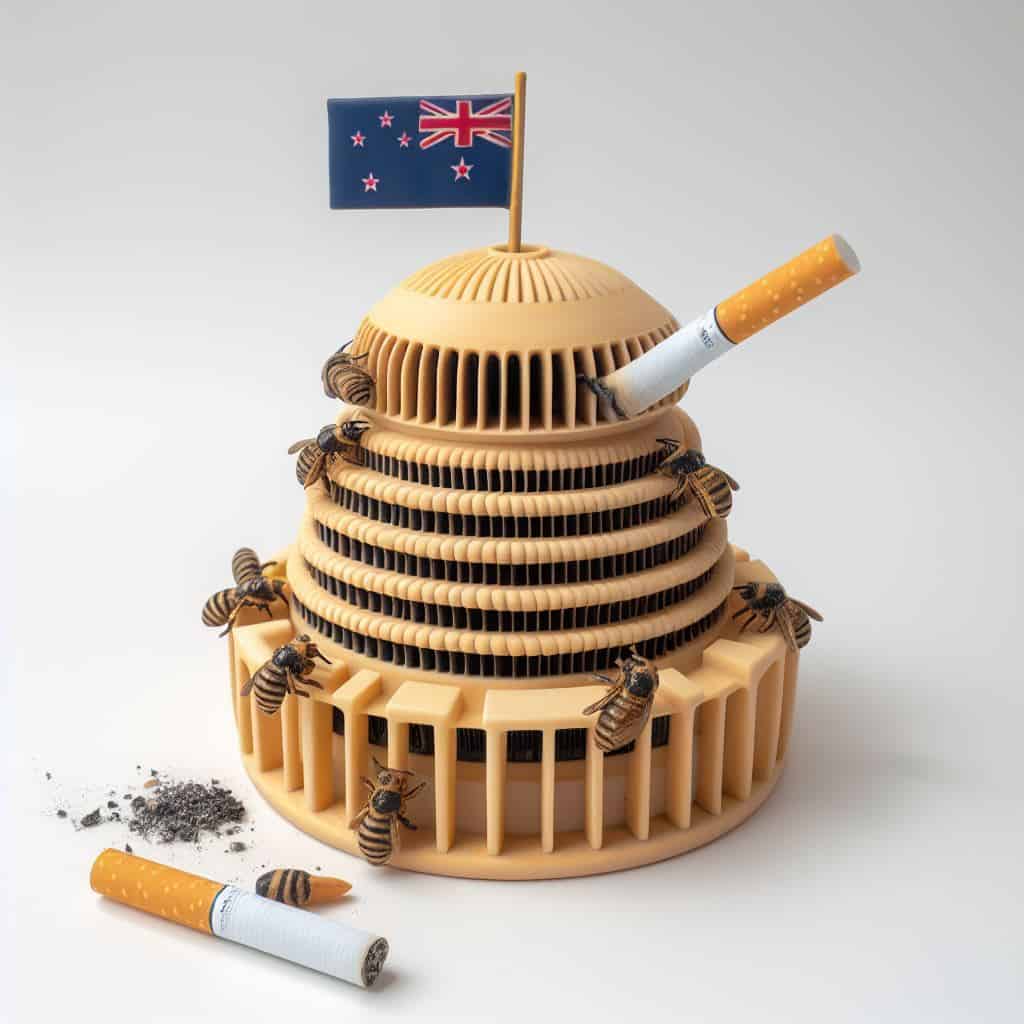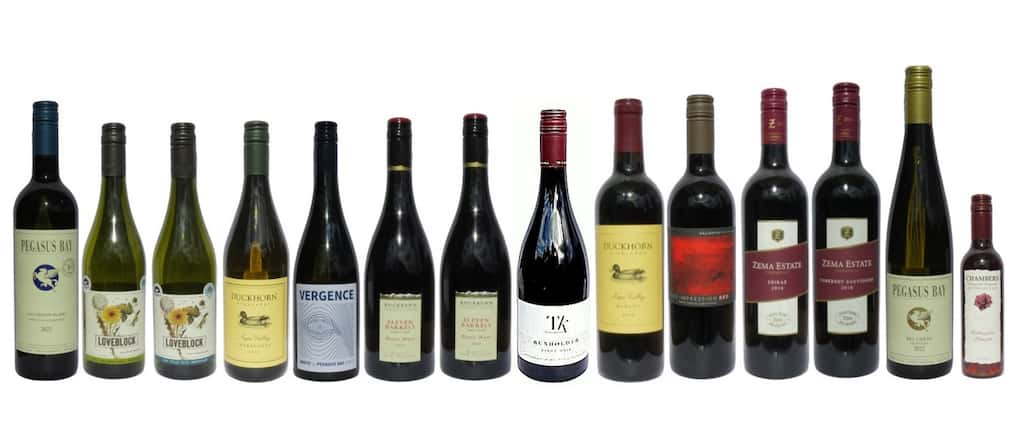ANDREW JOHNSTONE reports from the coalface of plastic waste. It’s not a pretty sight/site.
 The farmland about Cambridge in the Central Waikato is flat, green and effortlessly bucolic, much like the place where I work. Some of it is in pasture feeding a small herd of Herefords, and some is an arboretum. A good half of it is a factory complex, and the rest is in formal lawns, which require about eight hours in mowing time.
The farmland about Cambridge in the Central Waikato is flat, green and effortlessly bucolic, much like the place where I work. Some of it is in pasture feeding a small herd of Herefords, and some is an arboretum. A good half of it is a factory complex, and the rest is in formal lawns, which require about eight hours in mowing time.
Across the road is the main cemetery for the Cambridge district and after the road it’s the next worst source of plastic pollution. The prevailing winds kick through here and on a brisk day the air will be alive with plastic flowers and that soft nylon wrap florists like to put around their floral arrangements.
Otherwise, it is pie and candy wrappers, drink cans, disposable coffee cups, bottles and fast food packaging – all but a sampling of the detritus thrown carelessly from cars and not counting the wide selection of plastic bits and pieces from God knows where; maybe pieces broken off some of the thousands of vehicles that speed by on an average day?
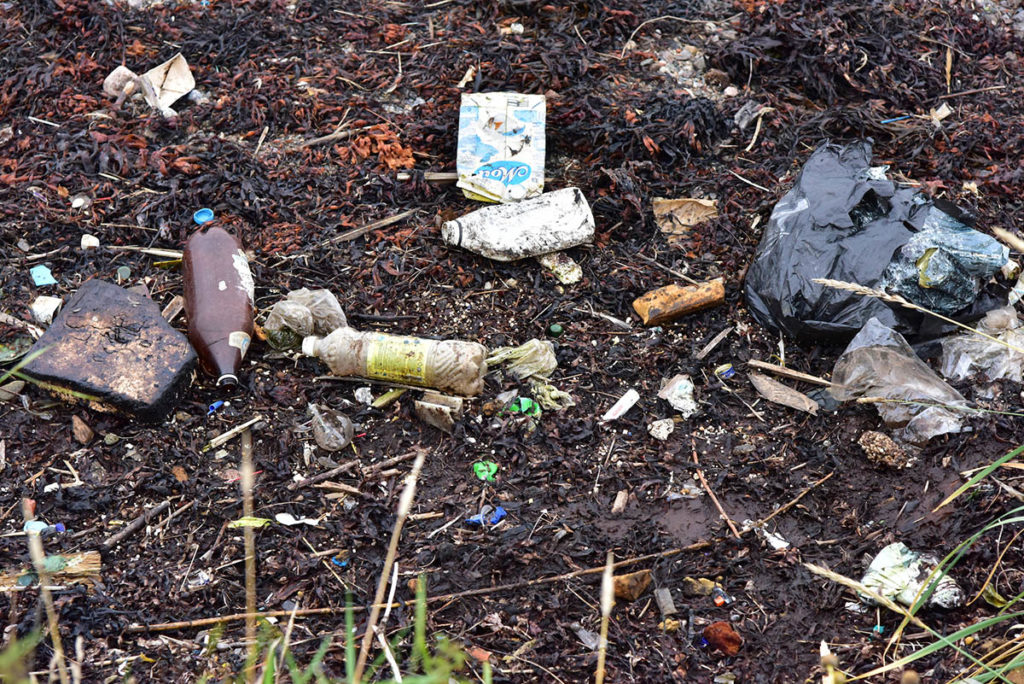 The factory itself is well governed and the myriad waste streams go to various bins for recycling, but bits still manage to escape and most everywhere about the property will be found pieces of plastic twine and wrap – the sort used to bind goods to pallets.
The factory itself is well governed and the myriad waste streams go to various bins for recycling, but bits still manage to escape and most everywhere about the property will be found pieces of plastic twine and wrap – the sort used to bind goods to pallets.
When it’s wet the cows’ hooves churn up the pasture and bring to light all manner of plastic, some of which is decades old. Here is an archaeological history of plastic litter in the countryside including packaging from brands long deceased, parts broken off outdated farm implements, long forgotten children’s toys and pieces of nylon hay bale twine.
During my first week I collected two sacks of plastic detritus, the next week another sack and every week for a few months after, a supermarket carrier bag equivalent. Now it’s down to pocketfuls as I traverse the property, stooping here and there to pick up the kind of crap animals don’t make.
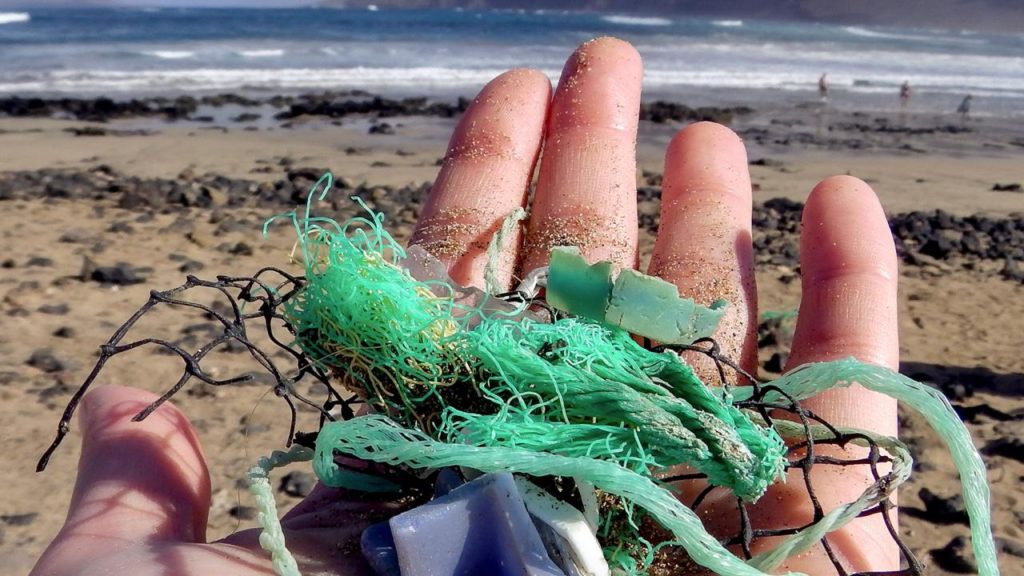 After a heavy wind the ground about the arboretum will be littered with bird nests. What would once be mulched back into the lawns now requires careful disposal, for woven amongst the dry moss and grasses is all manner of plastic fines. Clever birds for using what’s at hand but…
After a heavy wind the ground about the arboretum will be littered with bird nests. What would once be mulched back into the lawns now requires careful disposal, for woven amongst the dry moss and grasses is all manner of plastic fines. Clever birds for using what’s at hand but…
Plastic is an all-pervasive element and for those with eyes to see you’ll see it everywhere. It sits on the side of roads, on beaches and riverbanks and lies caught amongst exposed tree roots. It sits amidst mulch in municipal gardens and lays about the grass in parklands. It drifts onto far-flung pastures and is blown about by storms, after which it settles into isolated pockets of native bush.
Farmers, distanced from recycling and landfill facilities, burn it and bury it and tradespeople leave irretrievably minute bits and pieces of it wherever they are working. The thoughtless chuck it from cars, dog walkers toss plastic bags filled with turds into shrubs and lazy hikers toss it into gullies, waterways and underbrush. Kids partying about the countryside leave it where it has fallen and those disinclined to pay for a municipal trash sack dump it wherever.
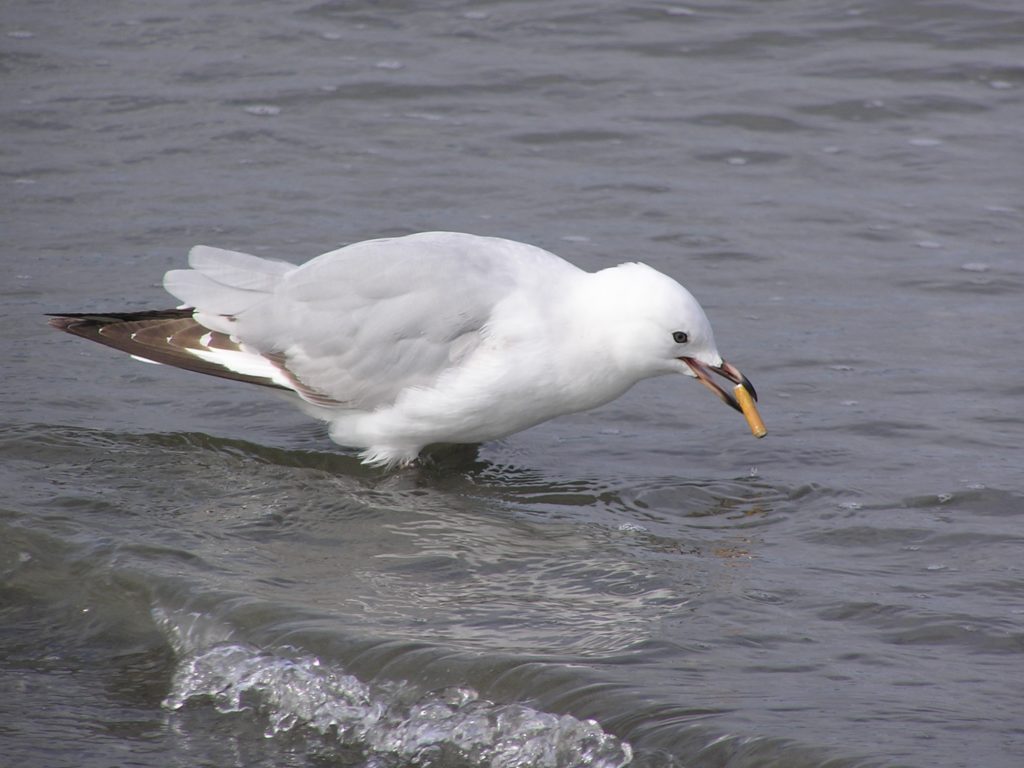 As for the smokers, those butt ends of non-recyclable and non-biodegradable nylon fibres are tossed with uncaring fluidity into the environment to settle into soil, riverbed and estuary for the 10 years it takes nature to break it down.
As for the smokers, those butt ends of non-recyclable and non-biodegradable nylon fibres are tossed with uncaring fluidity into the environment to settle into soil, riverbed and estuary for the 10 years it takes nature to break it down.
We buy shoddy goods stamped out of plastic and five minutes later consign them to landfill while filling our supermarket trolleys with one-use plastic packaging. Recently I watched a machine make ‘one use’ and unrecyclable plastic ice cream spoons at a factory in Tauranga. I asked the guy how he felt about being a part of this chain of waste. He looked at me blankly and not without a degree of hostility.
We have some bad habits that are going to be hard to break. Numerous times of late local bodies have tried to ban the plastic detritus that litters our cemeteries only to back down when confronted by a tsunami of outrage. ‘Who are these busybody bureaucrats to dare tell us how and how not to honour our dead’? Which is strange in light of the disdain plastic flowers were greeted when they first started appearing on the market a few decades back. Now, plastic flowers are an inalienable human right. And as for those florists: so much garbage to wrap a natural flower in.
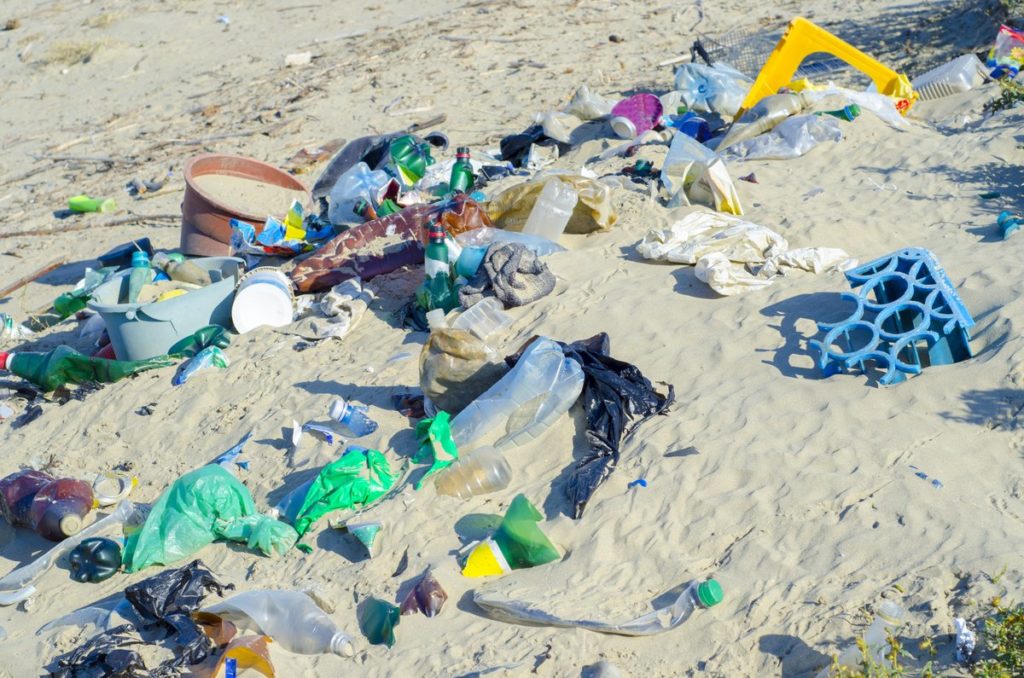 But we are all culpable, we all partake and we all think we are making a difference by putting our recycling out on the street every week, so much of it destined to go nowhere for there is nowhere to go or it is uneconomic to reprocess.
But we are all culpable, we all partake and we all think we are making a difference by putting our recycling out on the street every week, so much of it destined to go nowhere for there is nowhere to go or it is uneconomic to reprocess.
It’s a crazy problem, like acid rain and ozone depletion was crazy. Like smog and dioxin and lead in petrol was crazy. But we proved that once we put our collective minds to it we could actually change things for the better.
Judging by the recent explosion of science, opinion and commentary humanity is waking up to the scourge of plastic, but no matter the positive changes the future brings, like the elemental stones of the earth, the plastic already at large is here to stay that way.

